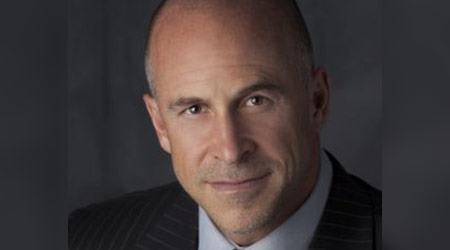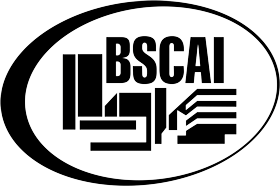
Many business owners don't know the true value of their business or how to grow it, but considering this is likely their most valuable asset, they should.
Mark Herbick, CEO of Pursant, said it's a problem he sees all too often. When a business owner comes to him looking to sell their business, he asks what they think the business is worth. The number they give him rarely aligns with the business' real potential market value.
"Most people have a perception that far exceeds the real value," he said.
That's why Herbick encourages people to know how much their business is worth before they decide on selling. In his 2019 Contracting Success Conference session "Knowing, Growing and Capturing the Value of Your Business," he hopes to inspire business owners to take the initiative to better understand the true potential value of their business at all times and focus their strategic time on the key initiatives that grow business value, not just the ones that make the business bigger and more profitable.
"People need clarity on what their business is potentially worth," he said. "There is a lot of importance in understanding that at all times, and knowing what to be working on to grow enterprise value, which is separate from building and running the business." Most people don't know they want to sell their business until they want to sell their business, Herbick said. While that makes sense at face value, the downside can be when a business owner is ready to sell, their business isn't at the value they would like it to be because they have been expending their efforts on the wrong things.
Sometimes a business owner thinks they are growing the value of their business in certain ways — say, taking on a major account or buying new equipment — but those changes might not be positively affecting enterprise value. Herbick likens it to remodeling a house. If a homeowner wants to increase the value of their home, they might consider remodeling parts of it. But if they choose the wrong parts, they might not be adding value at all.
"If you say, 'My house needs new carpet. I really like shag carpet, so I am going to put that in,' sure it's new carpet, but shag carpet is not appealing to many buyers and studies say that if you would've invested in kitchen or master bath improvements, it would've been a smarter investment," Herbick said. "A lot of business owners are working on things that are certainly keeping the business going but not growing enterprise value."
A proper valuation of a business will show what areas can be improved upon to make the business more valuable, Herbick said. This is a beneficial exercise whether a business owner is looking to sell or not. It's important to get it done sooner than later though, because one might never know when they are in a position where they need to sell their business as opposed to wanting to the business.
Building service contracting business owners often have a high burnout rate, Herbick said, and few BSC companies are passing on to the next generation. Ideally, business owners should take a few years in advance of a sale event and optimize the value of their business. But sometimes, that's not an option.
"Often times the desire to sell arises with little notice," Herbick said. "When you see the light at the end of the tunnel (exiting your business), you see it and say, 'Oh, I'll sell in two, three years.' And then the idea takes root, grows quickly and they're trying to sell in six months."
Herbick said one of the first steps is getting your books in order, the scorecard. It can take time and money to analyze and adjust financial statements to reflect the true financial performance of a business.
He said they should then work with a professional advisor to help them understand how that financial performance factors into business value and evaluate other business value drivers and ultimately understand the true potential market value of the business. Having an understanding of what your business is truly potentially worth is the start. Then you can work on closing the gap between what the business is really worth and what you want that number to be. It's part of being a responsible business owner.
"That's just being a smart grownup," Herbick said. "You know the value of your other assets, stocks, cars, etc. You know the value of your home. Why wouldn't you know the value of your most valuable asset, your business?"
Hear Herbick speak at BSCAI's 2019 Contracting Success Conference in November.

 The Down and Dirty on Cleaning in Virus Season
The Down and Dirty on Cleaning in Virus Season How Surfactant Use is Expanding in Commercial Cleaning
How Surfactant Use is Expanding in Commercial Cleaning